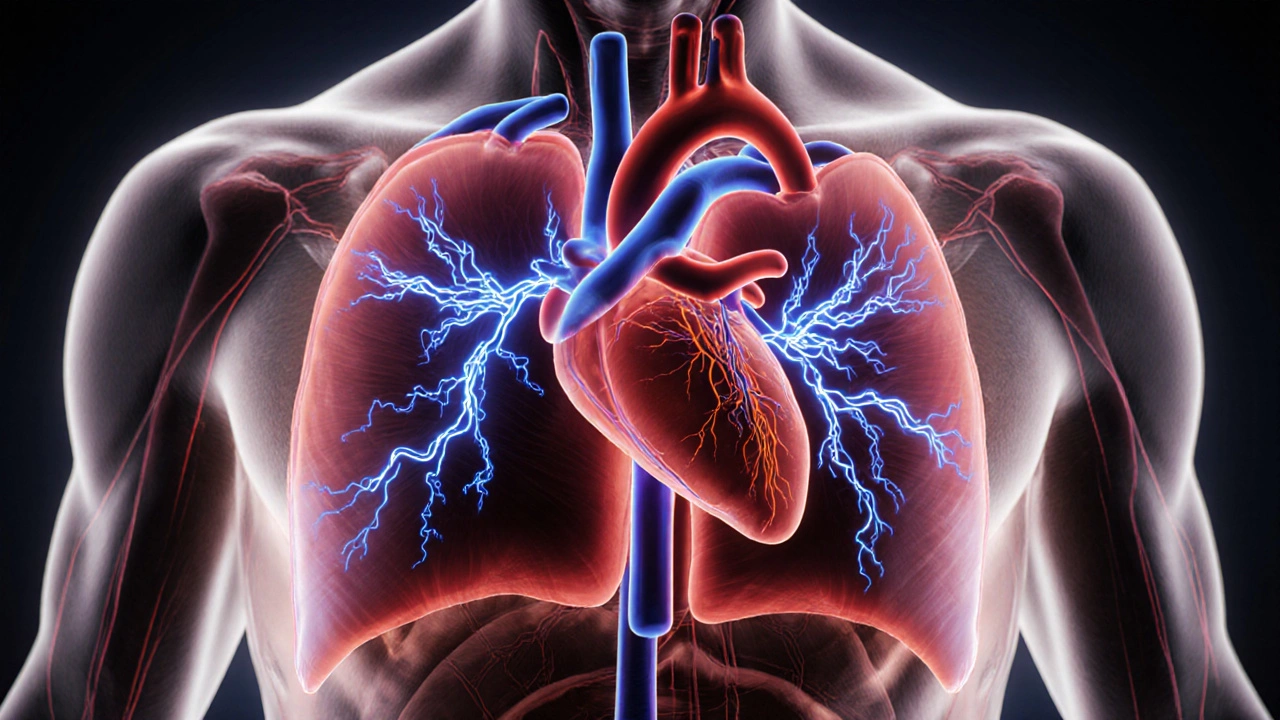Cardiac Electrophysiologist: Your Heart Rhythm Expert
When you think about cardiac electrophysiologist, a physician who diagnoses and treats abnormal heart rhythms using specialized tests and procedures. Also known as heart rhythm specialist, they work closely with cardiologists and surgeons to keep the beat steady.
These doctors focus on arrhythmia, any irregular heartbeat that can be too fast, too slow, or chaotic. Commonly referred to as heart rhythm disorder, arrhythmias range from harmless occasional skips to life‑threatening ventricular tachycardia. To correct them, a pacemaker, an implanted device that sends electrical impulses to maintain a steady rhythm is often used. The device may be a simple single‑chamber unit or a more complex dual‑chamber system, depending on the patient’s needs. For many, the alternative is catheter ablation, a minimally invasive procedure that destroys tiny areas of heart tissue causing abnormal signals, commonly performed with radiofrequency or cryoenergy.
Key Services Provided by Cardiac Electrophysiologists
A core part of their work is the electrophysiology study (EPS), a test that maps the heart’s electrical activity using catheters inserted through blood vessels. EPS helps pinpoint the exact location of an arrhythmia, guiding decisions about ablation or device implantation. In addition to ablation, they program and fine‑tune pacemakers and implantable cardioverter‑defibrillators (ICDs) that can shock the heart back to a normal rhythm during dangerous episodes. They also manage patients with atrial fibrillation, offering options such as pulmonary vein isolation or rhythm‑control medication strategies. For complex cases, they collaborate with cardiac surgeons on hybrid procedures that combine surgical and catheter‑based techniques.
Beyond the technical side, these specialists focus on patient education. They explain how lifestyle factors—like caffeine, alcohol, stress, and sleep patterns—can trigger or worsen arrhythmias. They also guide post‑procedure care, including activity restrictions, follow‑up monitoring, and device checks. Many clinics now use remote monitoring systems that transmit device data to the doctor’s office, allowing quick detection of any irregularities without frequent office visits.
Understanding the role of a cardiac electrophysiologist helps you navigate heart‑related health decisions with confidence. Below you’ll find articles that dive deeper into specific medications, device options, and lifestyle tips that intersect with rhythm‑care. Whether you’re looking for the latest on ablation techniques or want to compare different anti‑arrhythmic drugs, this collection gives you practical insight from a specialist’s perspective.

Understanding Atrial Fibrillation and How Cardiac Electrophysiologists Help
Learn what atrial fibrillation is, when to see a cardiac electrophysiologist, and the treatment options from meds to catheter ablation, with clear guidance on risks and lifestyle.
Read More




